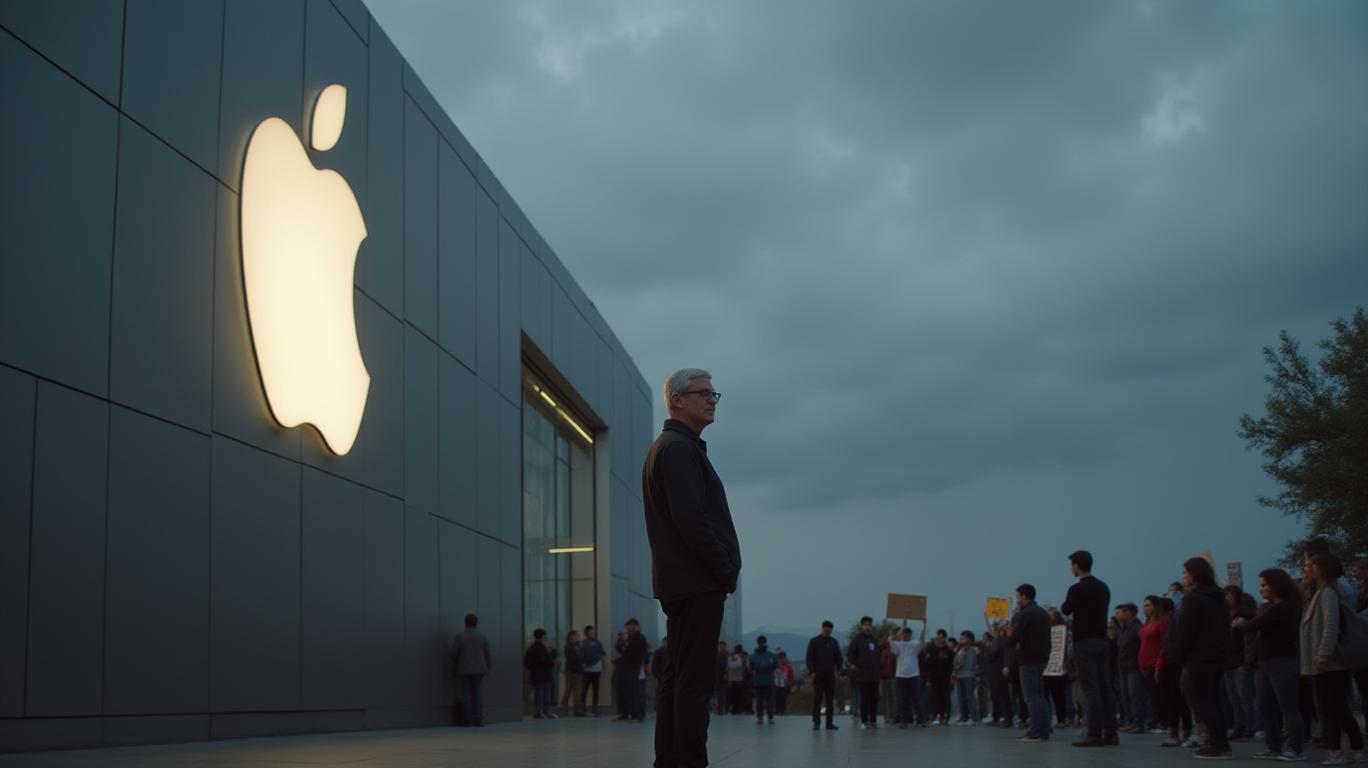Apple Defies UK, Disables iCloud Encryption
Apple has disabled the iCloud encryption feature in the UK following a government order demanding access to user data. The move comes after the UK Home Office issued a "technical capability notice" to Apple, requesting access to encrypted user data and the establishment of a data "backdoor."
Sources close to the matter revealed that Apple was faced with a difficult decision: either comply with the UK's request and undermine its global commitment to user security, or cease providing encryption storage services in the UK. Apple ultimately chose the latter, disabling the iCloud encryption feature for UK users.
This decision has sparked a heated debate about the balance between national security and user privacy. While the UK government argues that access to encrypted data is necessary to combat crime and terrorism, privacy advocates warn that backdoors can be exploited by malicious actors, compromising user security.
Apple's stance on user privacy has been a cornerstone of its brand, and the company has consistently refused to provide governments with access to encrypted user data. In 2016, Apple famously clashed with the FBI over access to an iPhone used by a terrorist in San Bernardino, California. Apple argued that creating a backdoor would compromise the security of all iPhone users, and ultimately won the legal battle.
The UK's request for a backdoor comes at a time when governments around the world are increasingly seeking access to encrypted data. In 2019, the Australian government passed a law requiring tech companies to provide law enforcement agencies with access to encrypted communications. Similar legislation is being considered in other countries, including the United States.
Apple's decision to disable iCloud encryption in the UK is a significant development in the ongoing debate over user privacy and government access to encrypted data. As governments continue to push for access to user data, tech companies like Apple will face increasing pressure to comply with government requests. The outcome of this debate will have far-reaching implications for user privacy and security in the digital age.

Quickly understand the history and background of various well-known coins
Latest Articles
Stay ahead of the market.
Get curated U.S. market news, insights and key dates delivered to your inbox.

Comments
No comments yet